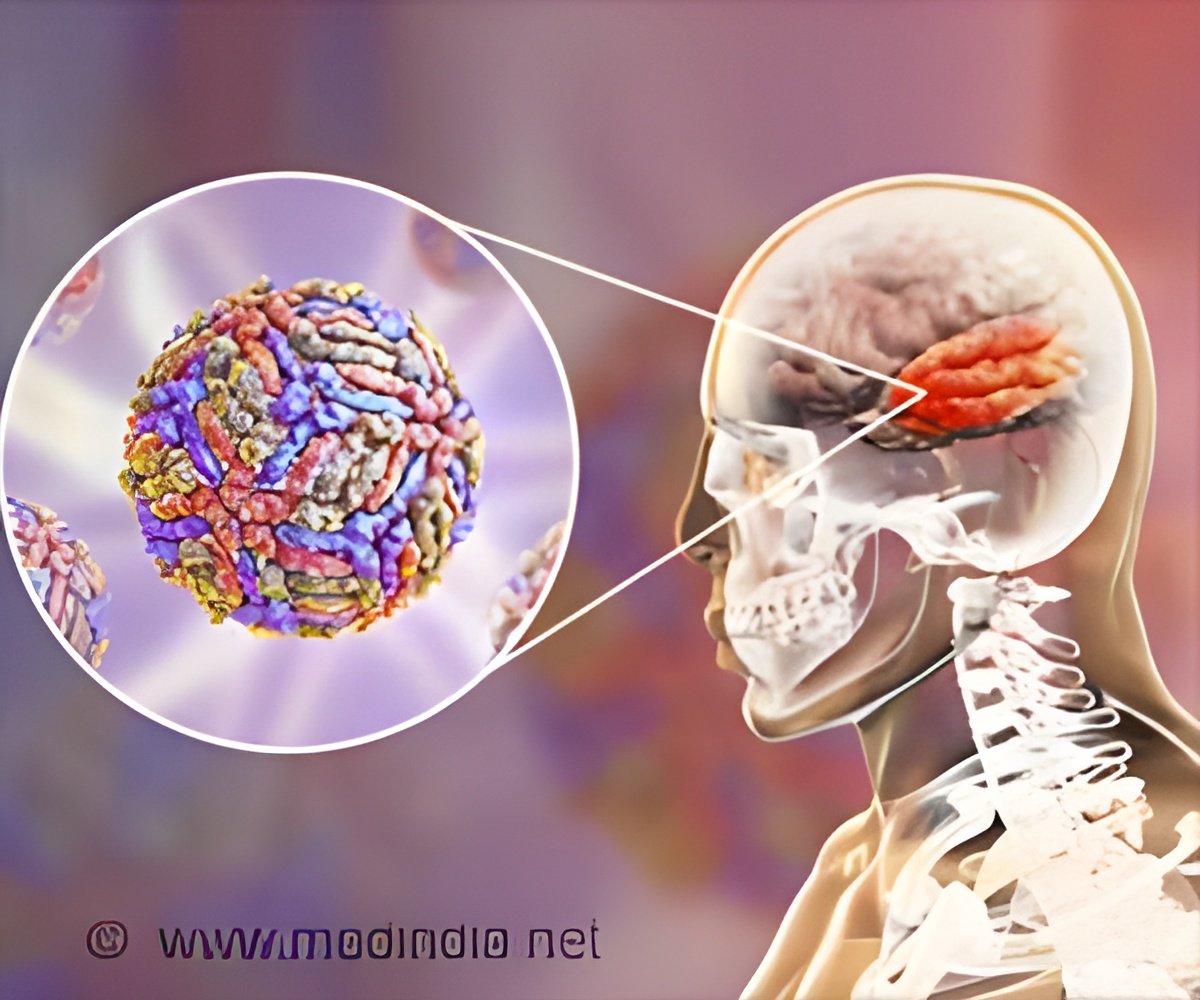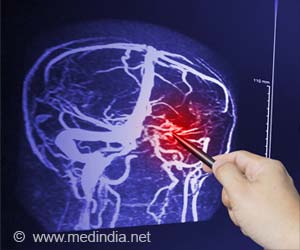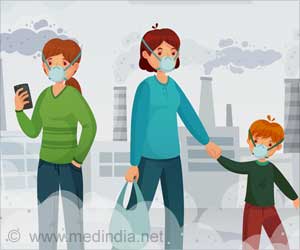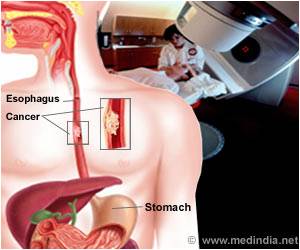Experts highlight the impact of lifestyle choices on the risk of developing brain cancer as significant to add for World Brain Tumour Day on June 8.

‘World Brain Tumour Day, marked annually on June 8, serves to raise awareness and educate individuals about brain tumors, their signs, and their symptoms, with experts stressing the influence of lifestyle choices on the likelihood of developing brain cancer.
# Brain Cancer, #Brain Tumours, # Lifestyle
’





Advertisement
World Brain Tumour Day's Journey in Fighting Brain Cancer
"The occurrence of brain tumor cases in India is steadily rising. The rise can be attributed to advancements in diagnostic techniques, increased access to medical care, heightened public awareness, and the influence of environmental and lifestyle factors.The main symptoms of brain tumors are unexplained headaches, long-standing headaches, neurological deficits, and increased projectile vomiting," Dr. Sridhar explained.
Public awareness campaigns have empowered individuals to recognize symptoms and seek prompt medical attention, leading to early intervention and improved outcomes. Prompt treatment is recommended, which includes options like chemotherapy, CyberKnife, and radiotherapy, he states.
Dr. Ganesh Veerabhadraiah, Senior Consultant Brain and Spine, Neuroendovascular Surgery, Fortis Hospital, Cunningham Road, Bengaluru, said the most common types of brain tumors can be categorized into two groups: non-cancerous (non-malignant) and cancerous.
While there are no specific risk factors identified for a brain tumor, further research is needed to investigate the potential role of radiation exposure and a family history of brain tumors.
Advertisement
Unmasking the Silent Threat
According to the International Association of Cancer Registries (IARC), there are approximately 28,000 cases of brain tumors reported every year. This translates to an incidence rate of 5-10 cases per 100,000 population in India.Additionally, brain tumors account for 2 percent of all malignancies diagnosed in the region, Dr. Ganesh explains.
Dr. Bopanna KM, HOD and Consultant -- Neurosurgery, Manipal Hospital Old Airport Road, Bengaluru, explained that pediatric brain tumor is an important aspect of caring for children that have changed tremendously over the last 2 or 3 decades.
Pediatric tumors generally afflict patients everywhere between the ages of birth till about 18 or 19 years of age. In this age group, you could have an incidence of approximately 5 per 1,00,000 patients affected.
A Call to Vigilance
The brain tumor has no significant change between males and females and it depends upon the location and the age, presentation, and symptoms and signs.Thus, in younger children, it can be very difficult to pick up the symptoms of a brain tumor, but changes in behavior, feeding pattern, and sleeping pattern -- things like this are observed, they could sometimes reflect on the possibility of a brain tumor, which emphasizes the need to be seen by a properly trained pediatric neurologist and neurosurgeons in this field, Dr. Bopanna explains.
Earlier, radiation technology was not very commonly used in children under the age of three. It still is to be applied in a guarded situation, but having said that, the safety of radiation has improved tremendously by giving split radiation doses, and proton beam radiation, and the safety profile of radiation has also improved.
So overall, in a center where there is a multidisciplinary and modern approach to treating these children with brain tumors, very good results and outcomes can be achieved, Dr. Bopanna states.
Source-IANS














